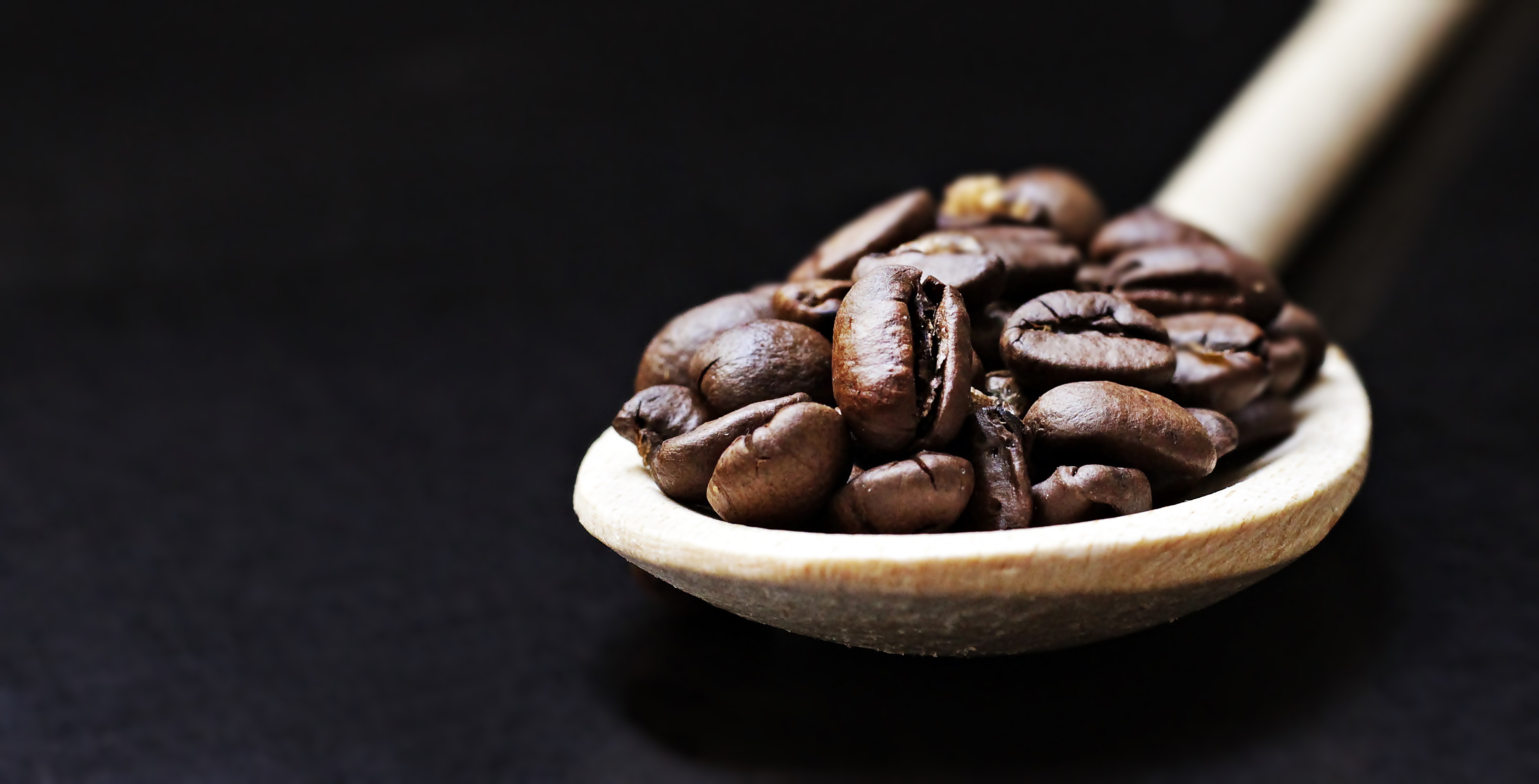“A coffee a day keeps the grumpy away”; how many cups of coffee do we drink a day? We need coffee to keep us awake in the morning, to keep us alert during a meeting, and without coffee we would be sleeping. I am sure some would relate the same with a cup of tea instead. But when it comes to diabetes, do coffee and tea make a difference in our lives and our health?

Coffee or Tea... For You and Me?
Dr. Philip Koh Kheng Keah
Chairman Medical & Ethics Board
Senior Family Physician, Healthway Medical
Adjunct Assistant Professor, Duke-NUS Graduate Medical School
Many studies have appeared to conclude that drinking at least 3 cups of coffee or tea every day has health benefits, including lowering the risk of diabetes. Some researchers have explained that the caffeine in coffee inhibits insulin resistance. Insulin is the hormone that is needed for blood glucose regulation and if it does not work effectively, then we have a condition called insulin resistance and this is one of the main causes of type 2 diabetes. Analysis has shown that for every cup of coffee consumed, there is a 7% less chance of developing diabetes. This protective effect may be due to tolerance against insulin resistance from long term consumption of coffee.
How about tea then? Tea also contains caffeine, but when it comes to caffeine content, coffee takes the prize. Some people prefer tea, because the energy boost that tea delivers is more relaxed and hence gives rise to a smoother and calmer alertness. Tea also contains other chemicals that can increase alertness and because the caffeine absorption is slowed down, we don’t get the blood sugar spikes and the jitters that some people get with coffee.
However, when a person has been diagnosed with diabetes, the plain coffee or tea may increase blood glucose levels after drinking it, instead of the protective benefits for those without diabetes. This is worse if sweeteners or additives are added to the coffee or tea, and often we enjoy a piece of cake or snacks to go with that cup of coffee or tea. These add up the calories that need to be controlled in a diabetic patient. A recent study also showed that those who genetically metabolised caffeine slower showed higher blood sugar levels.

In summary:
-
- For a non-diabetic, at least 2-3 cups of coffee or tea a day appears to lower the risk of diabetes, but healthy lifestyle such as stress management, regular exercise and a healthy weight maintenance are probably more important than caffeine in preventing diabetes.
- Once one has been diagnosed with diabetes, it is best to drink caffeine beverages in moderation. Tea appears to reduce the rate of caffeine absorption so might be better than coffee in blood sugar spikes but both are known to cause an increase in blood glucose and insulin resistance.
- Remember that sweeteners and additives as well as the snacks and pastries that accompany the coffee and tea add to the calories and increase blood glucose and are bad for diabetes.
So coffee or tea, for you and me? It’s a personal choice, but moderation is the key.